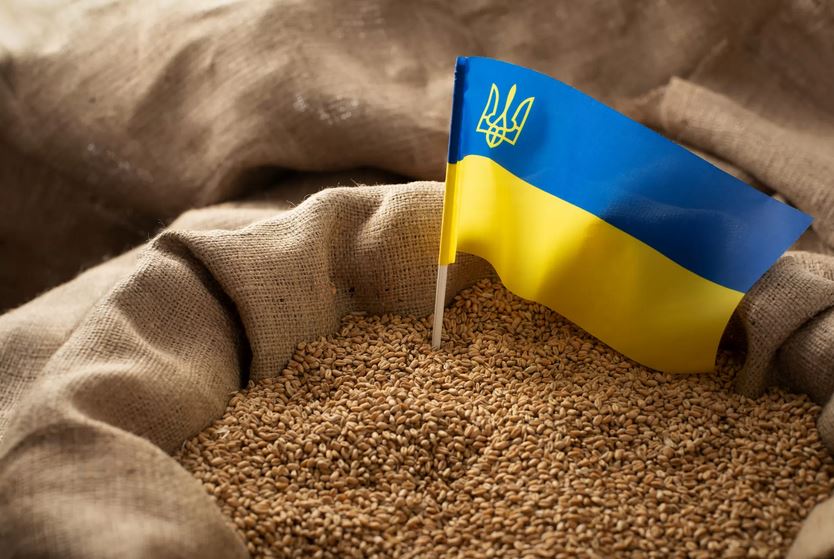
Ukraine Donates Grains To Nigeria Amidst Food Price Spike
Posted by Samuel on Sat 02nd Mar, 2024 - tori.ngThe Ukrainian government has donated 25,000 tonnes of wheat as emergency food aid to support 1.3 million vulnerable people facing crises in northeast Nigeria, particularly amid escalating inflation and spikes in food prices in the country.
According to NAN, this is contained in a statement issued by Atinuke Akande-Alegbe, Senior Communications and Public Diplomacy Officer, British High Commission’s Foreign, Commonwealth and Development Office, made available to the News Agency of Nigeria (NAN) on Friday.
Akande-Alegbe said that the donation was made under the auspices of the United Nations World Food Program (WFP) response in northeast Nigeria.
She explained that the contribution was part of Ukraine’s humanitarian “Grain from Ukraine” initiative launched by the country’s President, Volodymyr Zelensky.
Akande-Alegbe disclosed that the shipment was done through a collaborative effort from the UK, Canada, Denmark, Finland, France, Luxembourg, Norway, the Republic of Korea, and Sweden, who transported it from Ukraine to Nigeria.
According to the High Commission’s spokesperson, the grains intervention was informed by the soaring prices of staple food in Nigeria, which have pushed basic meals out of the reach of millions of vulnerable families across the country.
“This is a really tough time for many people across the world, including in Nigeria, it is important that we help the most vulnerable populations.
“The UK is proud to be part of the global community supporting WFP to distribute lifesaving grain across Nigeria, reaching over 600,000 people.
“This contribution will go some way to addressing rising food insecurity, driven by conflict and regional instability. We continue to back measures that help reduce its impact in Nigeria, support livelihoods and promote peace.”
“Deadly conflicts and persistent violence in northeast Nigeria have driven millions of people out of their homes, off their farms and across the region, jeopardizing agriculture and livelihoods production,” the statement quoted Cynthia Rowe, British High Commission Development Director as saying.
Rowe also noted that over the past three months, unlike in previous years, prices of key staples across several markets in Nigeria increased above pre-harvest levels hampering food access for vulnerable families who depended on harvest and markets for their supplies.














































